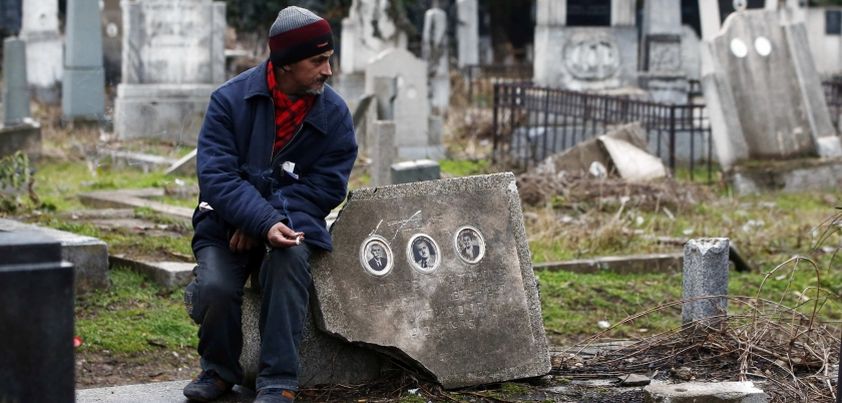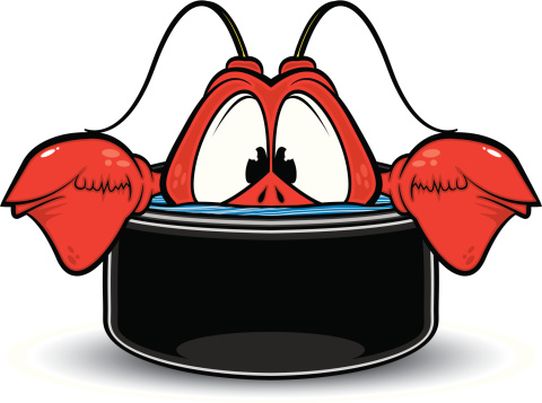 In this stream-of-consciousness dramatic monologue by Samuel Becket, an elderly man released from an institution against his wishes desperately tries to survive despite declining physical and mental health. He was given clothes and money, but his physical appearance made it hard to find accommodation. When he finally did find a room, he was cheated out of the money. Reduced to begging on the streets and living in squalor among rats and toads, he finally loses the will to go on. Themes include the plight of those who look “different” (rejection, alienation, indignity), resilience, mortality, the emptiness and futility of life. More…
In this stream-of-consciousness dramatic monologue by Samuel Becket, an elderly man released from an institution against his wishes desperately tries to survive despite declining physical and mental health. He was given clothes and money, but his physical appearance made it hard to find accommodation. When he finally did find a room, he was cheated out of the money. Reduced to begging on the streets and living in squalor among rats and toads, he finally loses the will to go on. Themes include the plight of those who look “different” (rejection, alienation, indignity), resilience, mortality, the emptiness and futility of life. More…
Archives
First Love
 Many readers have difficulty with Samuel Beckett’s post-World War 2 stories such as this one because of their stream-of-consciousness narrative approach. In this darkly comic dramatic monologue a reclusive, indolent man recalls how, after being evicted from the family home following his father’s death, he became infatuated with a prostitute he met on a canal-side bench. The more he tried to break away the closer they became until, after moving into her apartment, she gave him cause to leave her for good… a baby. Themes include misanthrope, self-obsession, love, misogyny, sexuality, the emptiness and futility of life. More…
Many readers have difficulty with Samuel Beckett’s post-World War 2 stories such as this one because of their stream-of-consciousness narrative approach. In this darkly comic dramatic monologue a reclusive, indolent man recalls how, after being evicted from the family home following his father’s death, he became infatuated with a prostitute he met on a canal-side bench. The more he tried to break away the closer they became until, after moving into her apartment, she gave him cause to leave her for good… a baby. Themes include misanthrope, self-obsession, love, misogyny, sexuality, the emptiness and futility of life. More…
Dante and the Lobster
 As suggested in the title, this early story by Samuel Beckett contains several allusions to Dante’s Divine Comedy. Unfortunately, some of its nuances will be lost on readers unfamiliar with this work. Hidden among the allusions is an absurdist comedy spanning an afternoon in the life of a solitary, eccentric student having trouble with his studies. He is selfish and conceited, fanatical about unimportant things (such as making the perfect toasted sandwich), and apathetic towards things that matter (his studies, politeness, compassion.) Themes include sloth, frustration, the meaningless and futility of life, suffering and death. More…
As suggested in the title, this early story by Samuel Beckett contains several allusions to Dante’s Divine Comedy. Unfortunately, some of its nuances will be lost on readers unfamiliar with this work. Hidden among the allusions is an absurdist comedy spanning an afternoon in the life of a solitary, eccentric student having trouble with his studies. He is selfish and conceited, fanatical about unimportant things (such as making the perfect toasted sandwich), and apathetic towards things that matter (his studies, politeness, compassion.) Themes include sloth, frustration, the meaningless and futility of life, suffering and death. More…